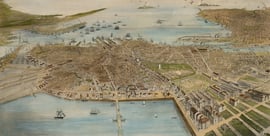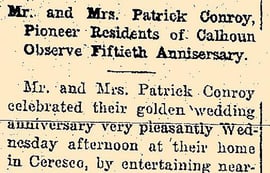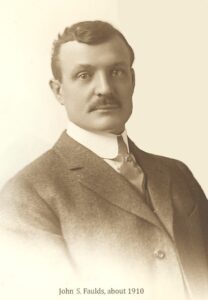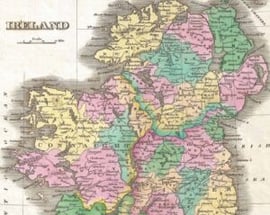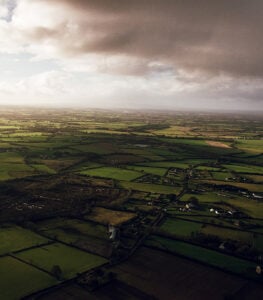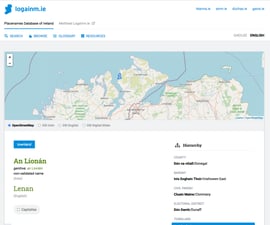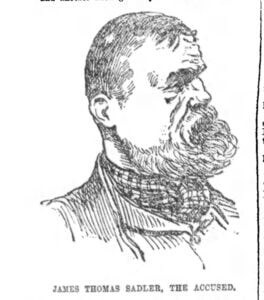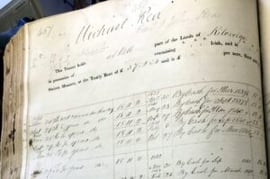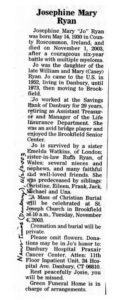A few years ago I was researching my Duff line in Ireland, and I came across an interesting occupation for one of my ancestors. My third great-grandfather, Bernard Duff, was listed as a publican and farmer in the 1901 census.1 Despite the heavy demands of agriculture,..
Continue readingMap of Boston in 1870. Via Wikimedia Commons.
Over the last couple of years I’ve been researching the lives and descendants of Irish immigrant Bostonians Edward J. Costello (1866-1926 [?]) and Mary Josephine Maloney (c. 1872-1943). This genealogical journey has taken..
Continue reading →Those of us researching our Irish roots are always hoping to discover our family’s place of origin in Ireland. But even after searching diligently for every scrap of information possible in U.S. records, we are often left frustrated. Too many U.S. records simply list..
Continue reading →A recent series of posts on lodgers who are possibly relatives hit close to home in my search for information about my wife's great-grandfather. In three consecutive Scotland census reports he is listed first as boarder, then as son, and finally lodger. It took some..
Continue reading →Simply put, Irish research is difficult. Beyond missing and incomplete records, there are many obstacles that can frustrate even the most seasoned genealogist. In my opinion, an obstacle that is often overlooked is the variation of Irish surnames.
Recently, I was..
Continue reading →How did our Irish tenant ancestors earn the money they needed to pay their yearly rent? One possibility: they travelled to Great Britain to work for the summer.
As Irish researchers, we are obsessed with place. What counties were my ancestors from? Where were they baptized? What townlands did they live in? In our drive to identify these places, we often overlook the place itself. Today, there are two wonderful sources that can..
Continue reading →After my son was born, I developed an interest in finding out more about his father’s surname, Sadler. Not much was known about the origins of the Sadler line, since my boyfriend and his siblings did..
Continue reading →One of the places I have been researching is the townland of Kilcruaig in Kilflyn parish, County Limerick. My husband has ancestors from Kilcruaig who were born there in the early 1800s. However, it has been difficult to learn much..
Continue reading →This time of the year is all about sharing … sharing our time and exchanging visits and gifts with family and friends, perhaps including family history projects. As genealogists, we are always seeking and exchanging information as part..
Continue reading →
